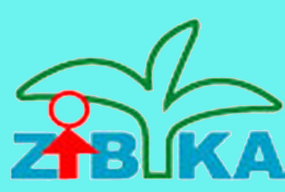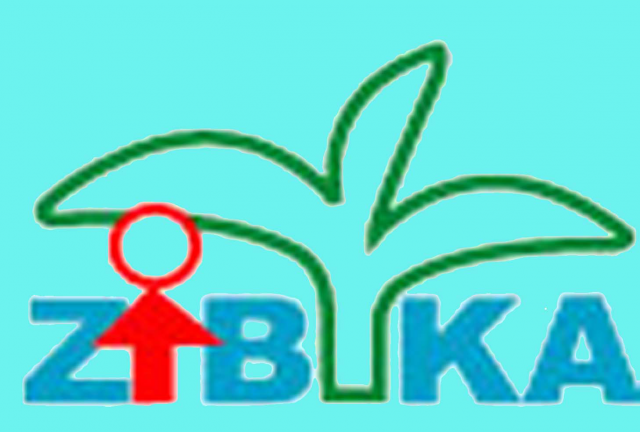
জীবিকা সম্পর্কে
The organization and its background:
ZIBIKA is a non-government voluntary social development organization working mostly in the district of Kurigram. It was emerged in 1993 by the initiative of a local group of socio-cultural activist dreaming an aware, educated, professionally skill, and men-women equitable, environmentally sound, just society. Kurigram is widely known as a poverty and disaster prone district having severe poverty features of the major rural poor and vulnerabilities of them to natural disasters. Frequent disasters and chronic poverty condition pushes the majority of the population to apathetic attitude towards life. In such a situation, the said group of socio-cultural activists thought of such a local organization that will work for the poor rural mass considering the critical vulnerabilities of them and form the organization.
Type of programs it implemented:
To reach/achieve the set goal it has made all possible efforts since inception. Focusing mainly on the ‘Livelihood” issue for the poor it has promoted programs and rendered services as possible in the area. The areas of work it covers till today are: Raising awareness of the poor on socio-economic issues, building own institutions, developing occupational skill, providing income generating support, asset transfer, generating own savings scheme, linking the poor with the local government and other resource organizations, issues of gender, quality education, disaster management, climate change, primary health care, water and sanitation, nutrition, governance of local government, linkage with civil society and press & media.
Achievements at a Glance:
During its long journey towards the aim and goal it has been able to make around 20 thousands of poor families free from acute poverty level through its multifold interventions. The institutions of poor people’s developed by it are engaged with better livelihood options and linked with the available resource and services and having better lives than before. About 50 thousands of families are being used to disaster preparedness practices. 9000 families are safe from the hazard of flood water or sudden flush having raised plinths of the homesteads. About 44000 families got access to safe water options either by having a new option or by renovating the old ones. In some respect, communities taking responsibility of water sanitation and hygiene promotion aspects. About 150 thousands of people are aware of different social issues and of their rights. Health services made a very good affect on their lives as they are now free from many normal health hazards.
The CBOs formed by the organization are capable of running their own. They can now make necessary link with the service agencies to have required services. The organization has been able to make necessary relation with the LGIs and civil society to run different programs by their own. Some of the standing committees of the LGIs are reformed and playing role accordingly. NNPCs are active in most of the UPs. Leadership among the rural women is growing as many of them are being elected as the LGI representatives. Besides, the organization has achieved a remarkable reputation in the working area and in the society.



